Can you add essential oils to humidifiers?
When temperatures turn cold and the air gets dry, naturally you want to break out that humidifier—and you wonder, “Can I add essential oils to my humidifier?” Now, we totally understand why you’d want to liven up your humidifier’s odorless mist with your favorite essential oil. However, the short answer is you should not add essential oils to your humidifier.
No worries—we’ll explain why! We’ll touch on the basic differences between humidifiers and diffusers, including their design, function, and the materials used to make them. All these factors affect how they interact with essential oils.
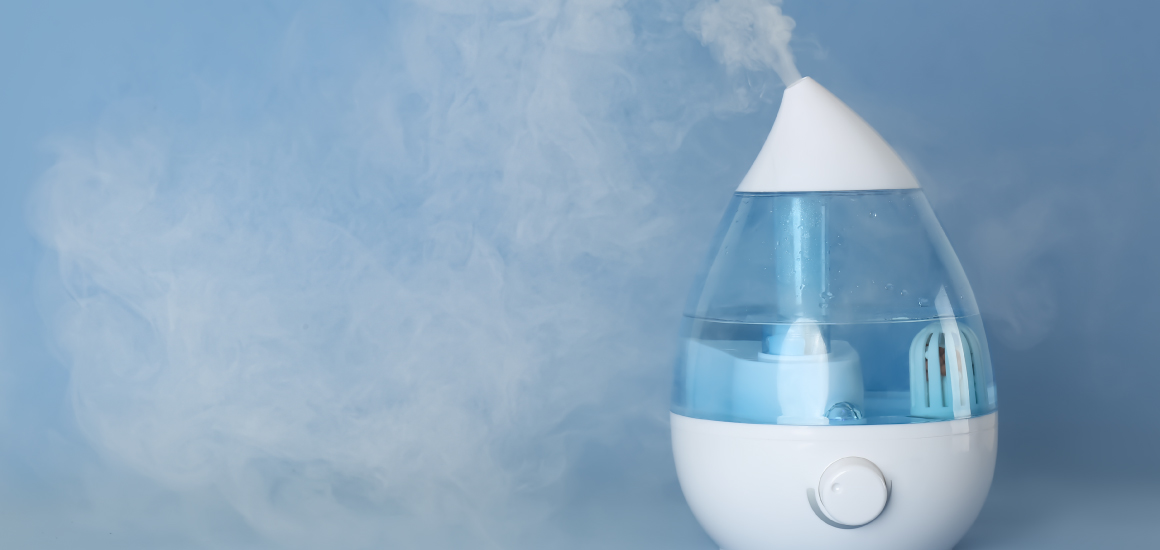
Humidifiers versus essential oil diffusers
First, the main difference between diffusers and humidifiers is that they were created for different purposes. Your humidifier is designed to add moisture to the air, usually to handle the effects of dry, cold weather such as sore throats, congestion, and dry skin. Diffusers were created specifically to add aromatic oils to the air, not humidity.
Humidifiers typically come in two different models. Cool-mist humidifiers, or evaporative humidifiers, use a combination of nebulizers and a wet-wicking filter system. The wet-wicking system filters minerals and other extras from your water, so only the pure water turns into a cool mist that disperses into your room.
The other kind of humidifiers are warm-mist humidifiers. They often boil water to release the steam and its moisture into the air. Neither of these kinds of devices and their technologies really mix well with oils.
Next, we’ll discuss diffusers and how their technology works with oils. Diffusers come mostly in two different styles as well: ultrasonic and atomizing diffusers.
With ultrasonic diffusers, you combine water and essential oils in the diffuser. Switch it on and the diffuser uses electronic frequencies to vibrate a plate or disc at the bottom of its water reservoir. The vibration breaks the water into particles, transforming it into a mist that carries the oils with it as it floats out of the diffuser and fills the room.
Can an ultrasonic diffuser act as a humidifier? Yes and no. While ultrasonic diffusers do add moisture to the air, their reservoir is usually smaller than a humidifier’s water tank, so they can’t introduce as much moisture to the air as a humidifier would.
The other kind of diffuser is an atomizing diffuser, also called a nebulizer. Atomizing diffusers move air rapidly through a trough of essential oil, which creates a vacuum that reduces the oil to a vapor that emerges from the diffuser. This vapor looks very similar to what you’d see coming out of an ultrasonic diffuser, except the atomizing diffuser produces undiluted oil rather than a mixture of oil and water.
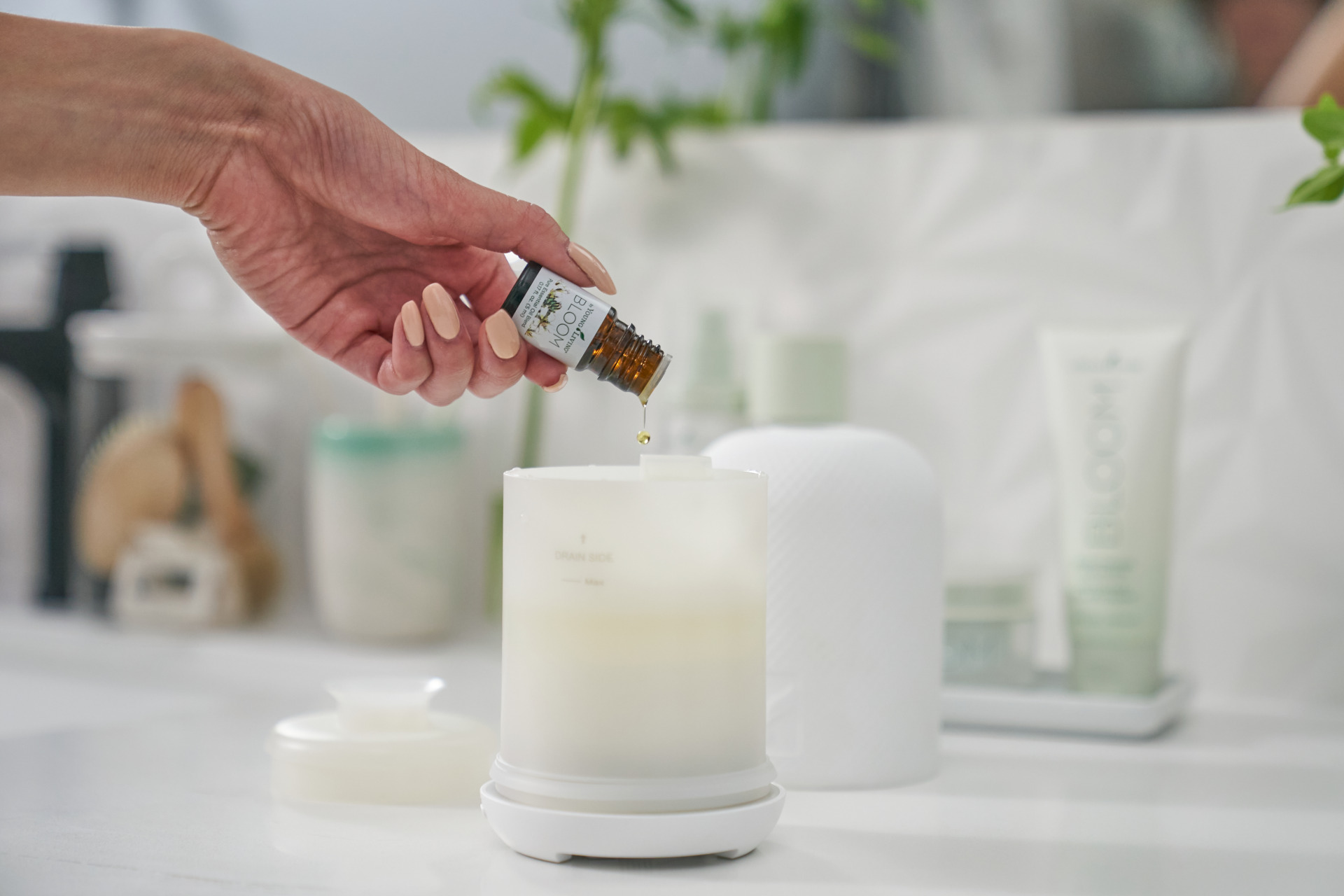
Why you shouldn’t use essential oils in a humidifier
While adding essential oils to your humidifier may seem like a good idea at the time—why not get the best of both worlds?—essential oils can destroy a humidifier.
Humidifiers contain many plastic parts, including the water tank and some machinery. Adding concentrated essential oils to those parts can eat away the plastic and break it down. It won’t happen overnight; but over time, essential oils can lead to wear and tear that will ruin these parts of your humidifier.
In a cool-mist humidifier, the essential oils can also clog the filters in the wet-wicking system. This can cause the humidifier to stop working or even break down completely.
In a warm-mist humidifier, the trouble isn’t so much what the oil does to the device but how the device changes the oil. High heat can alter the makeup of the essential oil, changing the scent profile and the potential benefits.
Of course, there are exceptions to every rule. Humidifier technology has come a long way, providing several options to use one with essential oils. Some humidifiers now come with an essential oil tray, ring, or filter that passes the water mist or steam through a filter that adds essential oil to it. Always check the manufacturer’s directions on your humidifier to see if you can add essential oils to it or not.
Now that you know about the different kinds of diffusers out there, find out which type of diffuser is right for you. Once you’ve picked out the right one, you’ll want to learn about how to take care of your diffuser.
What oils see you through the cold winter months?

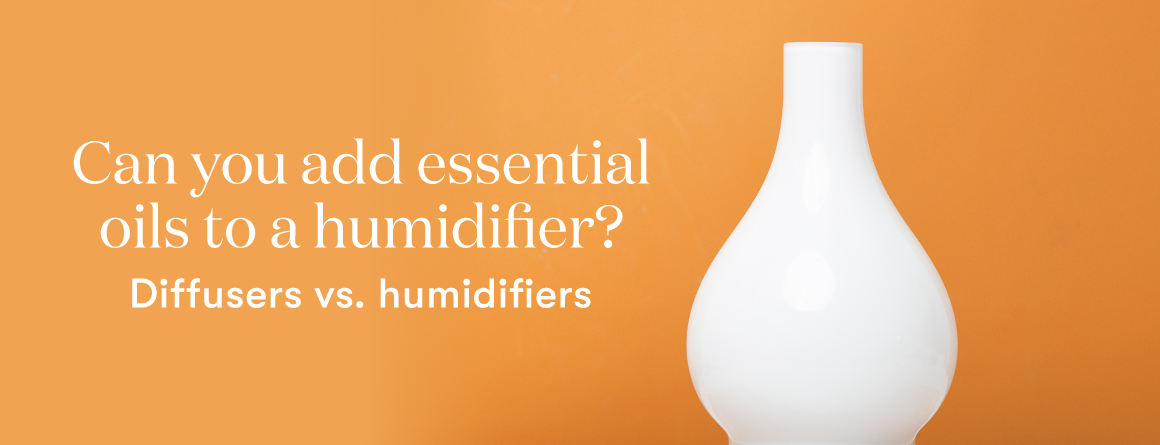

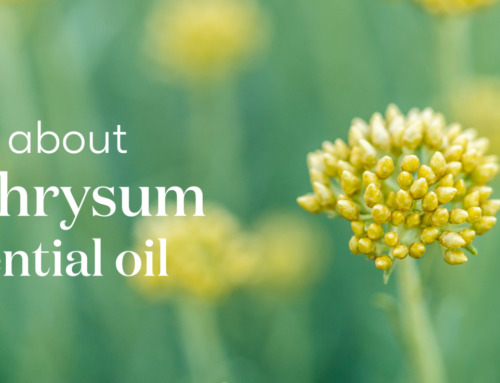
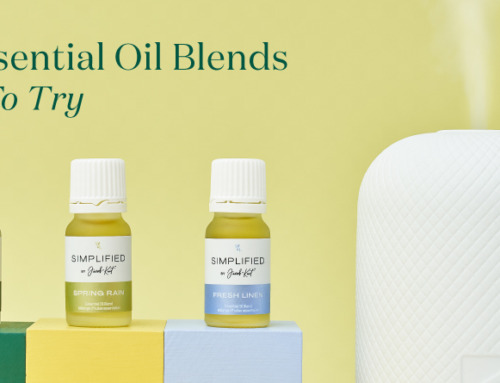
Leave A Comment